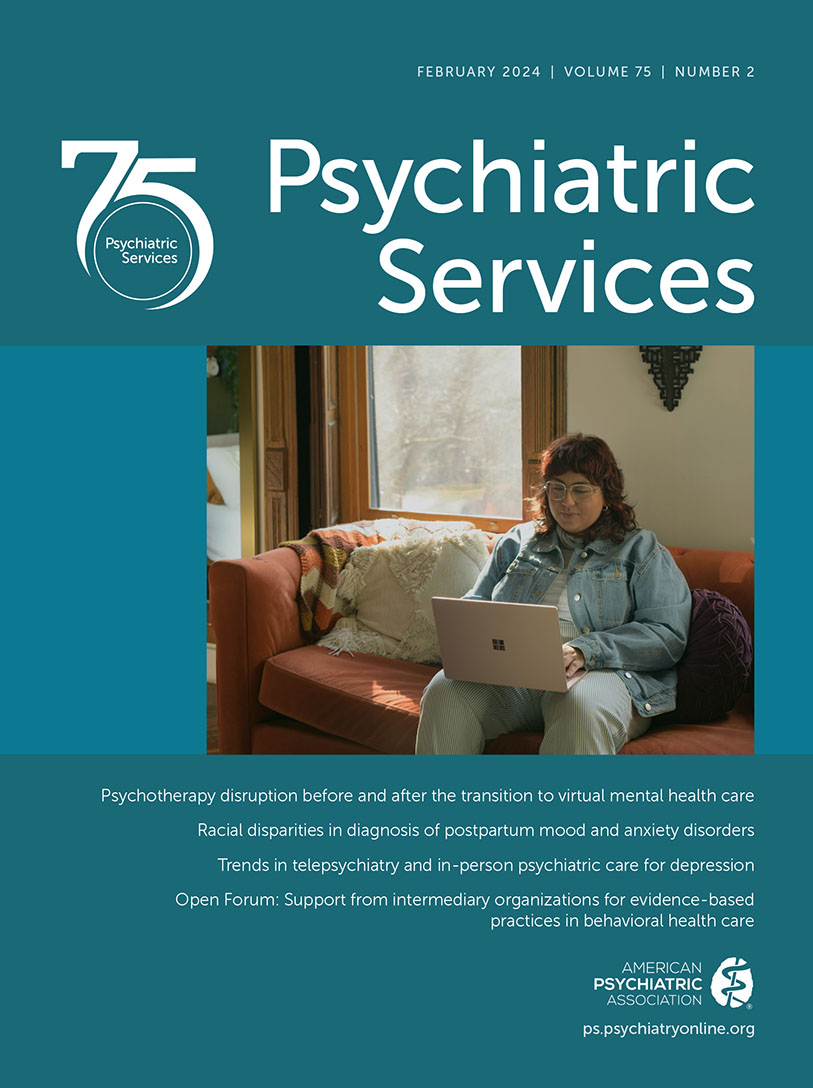Availability of Medication for Opioid Use Disorder Among Accountable Care Organizations: Evidence From a National Survey
Abstract
Objective:
This report aimed to assess how accountable care organizations (ACOs) addressed ongoing opioid use disorder treatment needs over time.
Methods:
Responses from the 2018 (N=308 organizations) and 2022 (N=276) National Survey of Accountable Care Organizations (response rate=55% in both years) were used to examine changes in availability of medication for opioid use disorder (MOUD) among ACOs with Medicare and Medicaid contracts.
Results:
The percentage of respondents offering at least one MOUD grew from 39% in 2018 to 52% in 2022 (p<0.01). MOUDs were more likely to be available in 2022 among ACOs with (vs. without) in-network substance use treatment facilities (80% vs. 33%, p<0.001). The percentage of 2022 respondents who reported offering MOUD was similar in states with high versus low opioid overdose mortality rates.
Conclusions:
Despite growing availability of MOUD among ACOs, nearly half reported not offering any MOUD in 2022, and the availability of MOUD did not increase with treatment need.
Access content
To read the fulltext, please use one of the options below to sign in or purchase access.- Personal login
- Institutional Login
- Sign in via OpenAthens
- Register for access
-
Please login/register if you wish to pair your device and check access availability.
Not a subscriber?
PsychiatryOnline subscription options offer access to the DSM-5 library, books, journals, CME, and patient resources. This all-in-one virtual library provides psychiatrists and mental health professionals with key resources for diagnosis, treatment, research, and professional development.
Need more help? PsychiatryOnline Customer Service may be reached by emailing [email protected] or by calling 800-368-5777 (in the U.S.) or 703-907-7322 (outside the U.S.).



